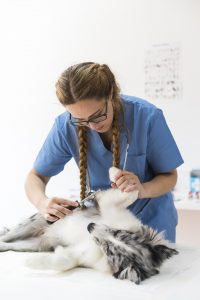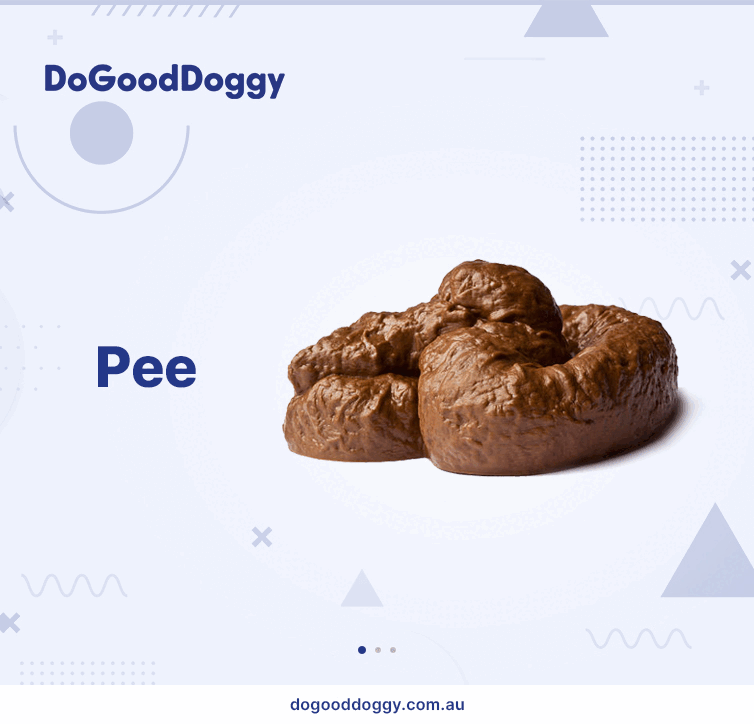Your Pet’s Health: 8 Things to Look Out For
When you own a pet, you’re 100% responsible for their health and well-being. It’s up to you to give them daily exercise, allow them to eat their daily meals, and schedule regular vet visits. Unfortunately, not all pet parents realize just how crucial their roles are in their pet’s health, especially in the detection of diseases through early warning signs.

Most pets are masters of disguise when it comes to disease symptoms, many of whom appear healthy and lively until they’re not. Most pet diseases only show the obvious signs when immediate veterinary care is already needed, or when it’s already too late. To avoid overlooking these early indicators, always keep your eyes peeled for these eight things:
- Changes in water and food intake – If you notice that your pets are drinking water more or eating less than usual, they may be suffering from early disease development, from infections to kidney and liver problems.
- Changes in activity or energy levels – Changes in your pet’s energy levels are normal in aging pets as they transition to more laid-back personalities. However, because it is often regarded as common, this early sign of disease may be overlooked in young pets. If you think your pets aren’t as active as usual, consider having them checked just to make sure they’re not suffering from any type of pain.
- Changes in sleeping positions or sleeping habits – Try to keep tabs on how your pets sleep and their usual sleeping positions. Abrupt changes, such as avoiding leaning on a part of their body, may indicate pain or discomfort. If their sleeping habits also change, such as being more active in the nighttime as opposed to their normal schedule, they may be suffering from hormonal imbalances.
- Dry or itchy skin – Dry and itchy skin may be caused by a variety of reasons, including food and seasonal allergies, parasites and systemic disorders. Always keep an eye out if your pet has been scratching a specific part of their body or they’ve been grooming more than usual. Giving your dog yogurt, coconut oil, or salmon oil may help alleviate skin issues. An apple cider spray or oatmeal bath may be helpful too.
- Lumps or any kind of inflammation – Regularly check for abnormal lumps and inflammation that may arise in your pet’s body. While these lumps are often benign, there is a small chance that they may be caused by cancer. Have your veterinarian check and determine the best course of action.
- Bowel changes – When your dog has to go, observe their habits and whether they’re not having any difficulties defecating. Always check the consistency of their waste to make sure that they’re not constipated or suffering from diarrhea.
- Weight fluctuations – Sudden loss of weight is one of the most common signs of illness in dogs, regardless of how much they eat and how much they move around. If you’ve noticed that your dog has been losing weight or gaining weight at a fast rate, bring them to the veterinarian as soon as possible.
- Bad breath – While doggy breath is normal for dogs, abnormally stinky breath may be a sign of gum problems or rotting teeth, as well as digestive conditions. They may need to have their gums checked out or their teeth treated to rule out any problem that may worsen without the proper diagnosis.
Consider Regular Vet Check-Ups
Being a proactive pet parent is one of the best ways you can help your pets live their best lives. Consider scheduling regular health checks and full exams to detect possible illnesses or underlying conditions immediately, as well as help you get a general idea of how you can improve your pet’s quality of life. With regular check-ups, your vet will be able to monitor your pet’s growth and development and give you important advice on their weight, diet and exercise.

Many pets have breed predispositions and hereditary health issues that should be considered. For example, Pomeranian and the Groodle and Cavoodles are predisposed to hip dysplasia, while Labrador Retrievers have a higher risk of becoming overweight. By bringing your dog to the vet regularly, you’ll be able to monitor whether your dog might be developing these conditions.
Remember that your pets are entirely dependent on you. They won’t be able to make decisions for themselves health-wise, so it’s totally up to you to keep them as healthy and as happy as possible.
Comments (1)







[…] to pets, it’s best to stay on the safe side and start with extremely low amounts first. Keep a close eye on your pets at all times after administration to make sure they don’t suffer from any type of side […]